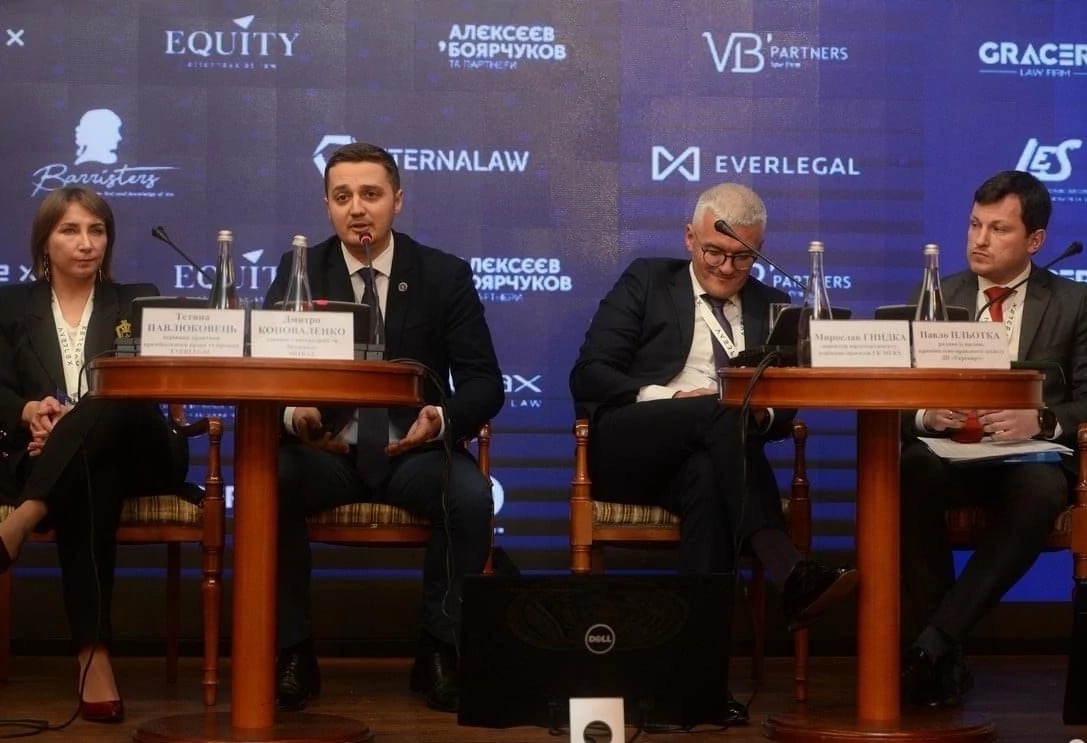
OFAC Sanctions Programs
OFAC, the Office of Foreign Assets Control, is a division of the U.S. Department of the Treasury responsible for the foreign financial institutions and persons subject to intelligence, planning, and implementing economic sanctions to support the country’s national security and foreign policy.
OFAC sanctions can target foreign states, companies, individuals, and entities officially recognized as a threat to U.S. national security. The main goal of OFAC’s sanction programs is to create economic pressure on those posing a threat to international security.

What is OFAC Sanctions?
OFAC sanctions are economic and financial restrictions imposed by the Office of Foreign Assets Control (OFAC) of the U.S. Department of the Treasury. They serve as a tool for implementing foreign policy and ensuring national security in the United States, aimed at protecting the country from external threats such as terrorism, human rights abuses, the proliferation of weapons of mass destruction, and so many other sanctions lists go on. The main goal of sanctions is to apply economic pressure on countries, organizations, and individuals that pose a threat to the U.S. or international security. Through financial and economic restrictions, the U.S. aims to compel the targets of sanctions to change their behavior or cease harmful activities.

OFAC sanctions apply to all U.S. citizens, and residents, as well foreign financial institutions subject well as foreign companies and individuals conducting business in the U.S. or using American financial systems. Sanctions can affect all transactions involving U.S. dollars, including trade, investments, and foreign financial institutions’ operations. Violating sanctions can lead to serious consequences: from financial penalties to criminal investigations. Therefore, companies operating in the international market must constantly check to ensure they are not collaborating with individuals or organizations under sanctions.
To prevent violations of OFAC sanctions, companies need to develop and implement compliance programs. These programs help identify individuals subject to sanctions, assess risks, and prevent breaches of sanction restrictions. Legal support specialists can help create an effective compliance program and provide advice in case of any questions or investigations by OFAC.
Types of Economic Sanctions Programs
Economic sanctions by OFAC aim to achieve several important objectives:
- Limiting the financing and activities of terrorist organizations;
- Ban on the proliferation of weapons of mass destruction;
- Fighting human rights violations;
- Combating corruption.

For international business, it’s crucial to adhere to OFAC’s full sanctions list search tool and sanctions list and regimes, as violations can lead to serious financial and legal consequences. Companies engaged in international trade or collaborating with foreign partners must rigorously vet their counterparts for compliance with OFAC’s sanctions list search full sanctions list search tool, lists and requirements. Companies that fail to comply with sanction restrictions could face the following consequences:
- Financial penalties;
- Freezing of assets;
- Ban on further financial transactions;
- Possible criminal investigations.
Let’s look at the most common types of OFAC sanctions.
Country-specific sanctions lists
Country sanctions are restrictive measures against governments and states that pose a threat to the national security of the USA, and international peace or violate fundamental human rights principles. They encompass a wide range of economic, economic, and trade sanctions, and financial restrictions aimed at isolating the country from the international financial system and the global economy.
The main goals of country-specific sanctions lists
- Changes in the government’s political behavior;
- Restricting a country’s economic growth in violation of international law norms;
- Protection of international security.
Measures taken under OFAC country sanctions lists
- An embargo on trade with a sanctioned state, covering both exports and imports of goods;
- Freezing assets belonging to sanctioned governments or their representatives;
- Ban for banks and other financial institutions on conducting any transactions;
- Ban on investments in the economy and development of a sanctioned country.
Complying with sanctions regulations is crucial for international business. Companies must regularly review their activities to ensure they meet the requirements and guidance of the OFAC (Office of Foreign Assets Control).
Smart sanctions list
Smart sanctions are sanctions that restrict access to financial, trade, and economic resources solely for those individuals or organizations involved in activities threatening international stability. Unlike comprehensive sanctions, which target entire countries, smart sanctions are targeted at individual users and aim to minimize collateral effects on other market players.
As part of targeted sanctions, OFAC may implement the following measures
- Blocking or freezing the assets of sanctioned individuals and organizations;
- Prohibition on conducting financial transactions with individuals on the sanctions list;
- Ban on investing in economic sectors associated with violators of the sanctions regime;
- Visa restrictions.
OFAC sanctions are often used as a means of deterrence to prevent states, organizations, or individuals from further criminal activities. The financial and economic pressure forces those under sanctions to reconsider their behavior or cease illegal actions.
Secondary sanctions lists
Secondary sanctions from OFAC expand the scope of sanction actions to foreign companies, governments, countries, or individuals that cooperate with sanctioned countries blocked persons list or entities, even if those other countries, persons or entities are not within US jurisdiction. This means that any foreign company or organization doing business with sanctioned states, companies, countries, or individuals risks becoming subject to US sanctions.
Measures applied under secondary sanctions lists
- Freezing assets or prohibiting access to financial resources under the control of American banks;
- A ban on the export or import of goods and services, cooperation in the investment sector, or the provision of financial services;
- Restriction on access to dollar transactions.
Secondary sanctions aim to exert international pressure on countries, persons, and organizations that don’t fall under U.S. jurisdiction but are involved in activities with sanctioned persons, countries, or entities. For example, if a foreign company collaborates with a company that’s under OFAC sanctions, it can become subject to sanctions, even if it’s not breaking any local laws.
Sectoral sanctions identifications list
OFAC sectoral sanctions are restrictions targeting specific economic sectors or industries within a country. Unlike comprehensive sanctions, which can completely prohibit all economic transactions with a country, sectoral sanctions focus on particular sectors (such as energy, finance, defense, or technology). Their aim is to impact the economic and political elites of a country, pushing them to change their behavior without affecting ordinary citizens.
As part of sectoral sanctions, OFAC may implement the following measures
- Ban on investing in specific sectors of the economy;
- Export restrictions on technology and equipment;
- Freeze of assets;
- Ban on financial transactions.
Most often, these sanctions list other types of sanctions list that target the energy, financial, technology, and defense sectors of the economy targeted foreign countries. This can lead to economic isolation, a decrease in living standards, and, in some cases, a change in the country’s political direction.
How can our OFAC lawyer help you?
Landing on the OFAC sanctions list isn’t just for criminals or persons who intentionally break the law. This rule applies to all legal entities and individuals who collaborate with criminal groups, even if they’re unaware of the nature of their activities. That’s precisely why it’s crucial to have a lawyer specializing in OFAC sanctions issues. A qualified professional will protect your business interests in the event of unexpected restrictions being imposed.
Our law firm offers services from highly qualified attorneys who have experience dealing with OFAC and other sanctions lists and issues and will help you avoid violations of ofac’s sanctions lists and laws. How can we help?
- Consultations on compliance with sanctions requirements;
- Recommendations on how to avoid sanctions violations when conducting international business and carrying out financial transactions;
- Checking counterparties against the OFAC lists;
- Assistance in lifting sanctions;
- Removal from the SDN list;
- Development of OFAC compliance programs;
- Legal support during investigations.
Which of our lawyers work with OFAC Sanction?
Dmytro Konovalenko is a lawyer with many years of experience in dealing with the OFAC and other Sanction regimes.
Anatoliy Yarovyi, lawyer, Doctor of Laws. Anatoliy specializes in appeals against International Sanctions, especially OFAC Sanction regulations.





